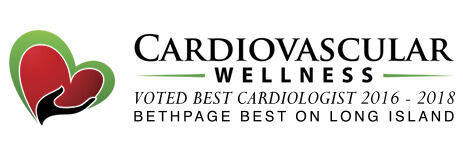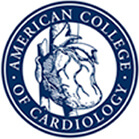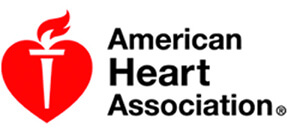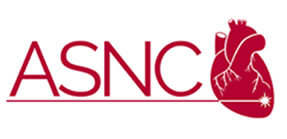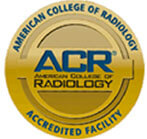Myths and Facts About Aspirin Therapy for Heart Disease
- Posted on: Nov 29 2023
In the United States, approximately 82.6 million people have some form of heart disease. For those who have a high risk of serious cardiovascular issues, like heart attacks, aspirin therapy may be a recommended treatment. But does aspirin help, or is that one more of the heart disease myths out there? Learn the truth about aspirin and heart disease.
Partial Myth: Aspirin and Heart Disease Prevention
One of the things you may hear about aspirin therapy is that taking low-dose aspirin every day helps prevent both primary and secondary heart attacks. Primary intervention means that you’ve never had a heart attack, blocked arteries, or any other major heart problems, while secondary intervention means you’ve already had a heart attack or know that you have other heart issues.
Something to remember about aspirin and heart disease prevention is that it may be useful only if you fit within certain age parameters and your risk of having a heart attack within 10 years is high.
Another candidate for aspirin therapy is someone who is younger than 60 and has diabetes and at least one heart disease risk factor, like high blood pressure. If you’ve had a stent placed in a heart artery or have had coronary bypass surgery, you may also benefit from this option.
For those who don’t fit these parameters, however, it might not be the right choice. Although your risk of having a heart attack or stroke does increase as you get older, the risk of bleeding from an aspirin regimen also increases. If you don’t have a high risk of developing heart disease, the risks of taking aspirin every day may outweigh the benefits.
Fact: Taking Aspirin During a Heart Attack Could Be Helpful
Most people have heard that taking an aspirin during a heart attack helps. But is this just another of those prevalent heart disease myths? This one is a fact.
Aspirin helps to keep blood flowing, preventing clots from forming. Early administration of aspirin can also reduce the potential damage to the heart and may even convert a heart attack into unstable angina. Chewing aspirin helps it get into the bloodstream faster. Remember that aspirin alone is not enough. If you’re having a heart attack, call for help and then take an aspirin.
Myth: Aspirin Is Safe for Everyone
Even baby aspirin, which is the recommended option for heart disease, might be harmful for some people. That’s why speaking with your doctor before beginning any kind of treatment is essential.
Pregnant women can experience excessive bleeding during birth, and lactating women can pass the effects of aspirin to their babies. Patients with liver function issues should also avoid aspirin, as should those who have stomach ulcers or bleeding problems. Aspirin can also be harmful for people who have asthma, nasal polyps, or who are allergic to NSAIDs.
Ask Your Doctor About Aspirin and Heart Disease
It’s crucial not to begin an aspirin regimen without first speaking to your cardiologist. Unless you fit precisely into certain parameters, you may not benefit from this kind of therapy. For many, an aspirin a day might be harmful.
However, keep in mind that aspirin does help if you’re having a heart attack. It can prevent blood clots and might even help you avoid worse damage.
If you are at risk of heart disease, reach out to Cardiovascular Wellness. With an expert cardiologist ready to help you, we make it easier to learn the truth about the best ways of keeping your heart healthy. Contact Cardiovascular Wellness in Hicksville and Lake Success, NY, to make a cardiology appointment.
Posted in: Heart Attack
